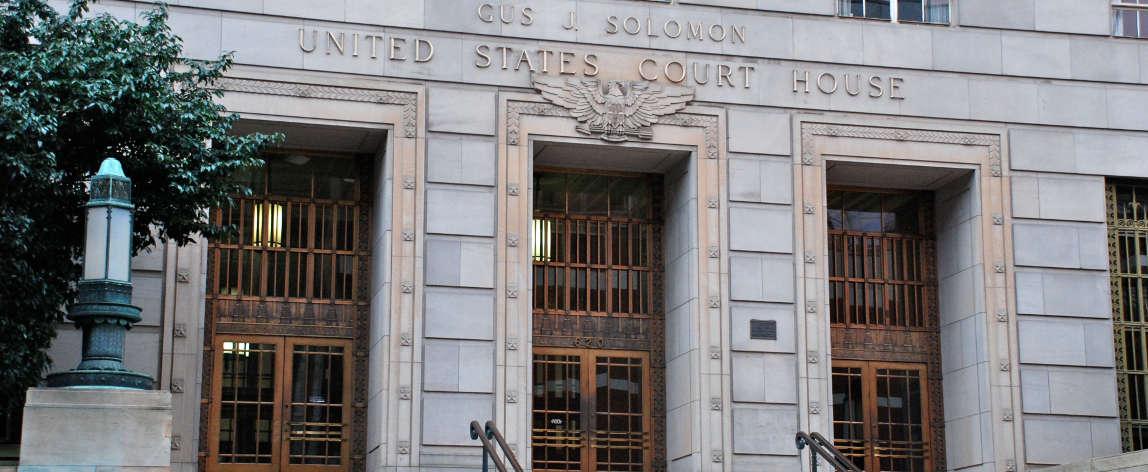
Thinking of Filing for Chapter 7 Bankruptcy?
Chapter 7 Bankruptcy is the most common bankruptcy that is filed. It is what most people think of when they hear the word “bankruptcy”. With Chapter 7 Bankruptcy, debtors get the benefit of having most debts “discharged” which is often thought of as “debt forgiveness” or “waive” of their qualifying debts.
When a person files for Chapter 7 Bankruptcy, most, if not all, of the debtor’s debts are forgiven. In most cases, the debtor is not required to pay back the debts that qualify for a discharge. Before filing for bankruptcy, one should sit down with a bankruptcy attorney to determine if their property can be protected under a Chapter 7 Bankruptcy.
Stop Creditor Harassment
Are you being harassed by creditors? Has your employer been served with a garnishment? Do you owe tax debt? Are you behind on your mortgage or car payments? Are you facing a foreclosure or repossession?
Filing bankruptcy can stop all of this. Filing a bankruptcy imposes an “automatic stay” which prevents your creditors from continuing these collection activities against you. There are two kinds of bankruptcy that the average consumer will file; a Chapter 7 and Chapter 13 Bankruptcy.
Filing a Chapter 7 Bankruptcy is the most common type of bankruptcy and what most people think about when they think of bankruptcy. This is the kind of bankruptcy that, if successful, will result in a discharge of your debts (often though of as liquidation or debt forgiveness). Some debts do not qualify for forgiveness in a Chapter 7 Bankruptcy and so you may need to file a Chapter 13 Bankruptcy to help you pay down those debts.
There are also income-based requirements for filing a Chapter 7 Bankruptcy. If your income is above the average household income then you may have to file a Chapter 13 Bankruptcy, even if your debts would otherwise qualify for a discharge in a Chapter 7 proceeding.
Bankruptcy can be complicated, so you should consult with an attorney to determine if your debts qualify for a discharge in a Chapter 7 Bankruptcy, or if you need to file a Chapter 13 Bankruptcy instead. Contact Jessica Nomie Law, your local Clackamas/Portland attorney to determine if bankruptcy is the right option for you, and if so, then what type of bankruptcy you qualify for.
Chapter 7 Bankruptcy Process
The majority of time spent in a Chapter 7 Bankruptcy case involves completing the bankruptcy petition, schedules, and other forms (lots of paperwork). Once the paperwork is filed, a trustee takes over the case. Here are some of the steps involved with a Chapter 7 Bankruptcy:
- Meet with a bankruptcy attorney. Contact Jessica Nomie Law for your free consultation to determine your eligibility for filing a Chapter 7 Bankruptcy.
- Compile paperwork and petition preparation. Jessica Nomie Law will assist you with compiling the paperwork and information needed to file your case. Jessica Nomie Law will prepare the bankruptcy petition and schedules, and then schedule an appointment with you to review, sign and file your case.
- Credit counseling. You must complete a credit counseling course prior to filing your bankruptcy case.
- File paperwork. The bankruptcy case “starts” when you file a packet of forms in court. Jessica Nomie Law will complete the paperwork for you. Your job will be to provide the information and paperwork that our firm needs to accomplish this step for you. Once you’ve completed this part of the process and filed your case, most collections actions against you stop for the duration of the bankruptcy case. This includes garnishments!
- Meeting of creditors. Often called a “341 hearing”. You and your attorney will attend a meeting with your appointed trustee and answer any questions asked. Some creditors may also attend this meeting to ask questions as well. If you hire Jessica Nomie Law, then you will have an attorney present with you at this hearing.
- Complete debtor’s education course. This is the second part of the educational courses that a debtor must take to file and complete a bankruptcy. You must complete this course to receive your discharge.
- Get discharged. Discharge is a legal term for “debt forgiveness” or “waiver”. This is the goal of bankruptcy. Not all debts qualify for a discharge. Your attorney will discuss with you what debts will qualify for discharge. You should receive your bankruptcy discharge about three months after you file your bankruptcy case.
- Bankruptcy case is closed. Your bankruptcy case is officially closed and you will no longer be liable to most or all of your debtors. Congratulations!
- Credit Review and Repair. Once your case is successfully completed and you receive a discharge of your debts, Jessica Nomie Law will assist you with pulling your credit report to make sure that all of your creditors have complied with the discharge ordered. If any creditors failed to comply with the discharge order of the Court, then Jessica Nomie Law will assist you in working with the creditors to fix your credit report so that you can rebuild your credit.
Not all cases are the same. There are other steps that your case may require. Jessica Nomie Law will assist you with navigating the bankruptcy process to ensure success in your bankruptcy.
Chapter 7 Bankruptcy Attorney
Contact Jessica Nomie Law for your free consultation and to determine if bankruptcy is the right option for you. Jessica Nomie Law services Chapter 7 Bankruptcy clients throughout Clackamas and Multnomah counties, including Clackamas, Happy Valley, Sandy, Gresham, and Troutdale, Oregon.